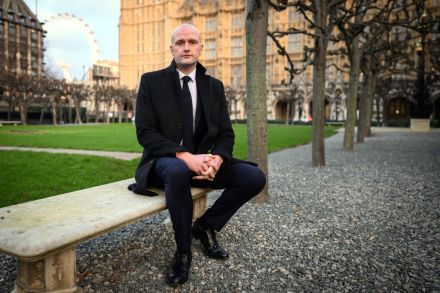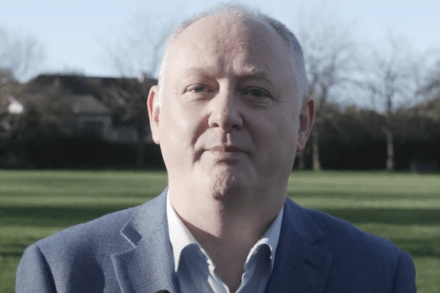Fact check: has Scotland’s NHS improved as much as Yousaf claims?
There might be a health crisis but at least the SNP aren’t short on rose-tinted spectacles. It was always going to be interesting to see how Humza Yousaf approached the health service in his new programme for government – given the massive decline in performance on his watch. But rather than adopt a solemn approach (or even, gasp, apologise for the health service failings), Yousaf struck a somewhat triumphant tone. ‘The National Health Service is already making progress in recovering from the pandemic,’ he declared. ‘We have the best-performing accident and emergency departments in the UK!’ He continued: ‘In the last year, the number of people waiting more than 18





















